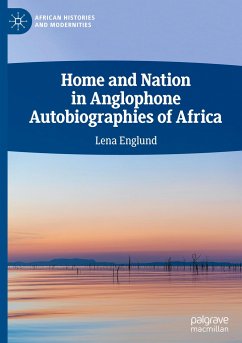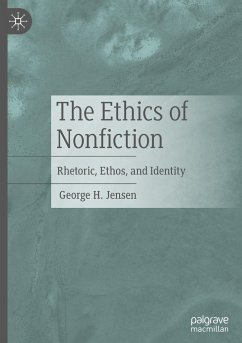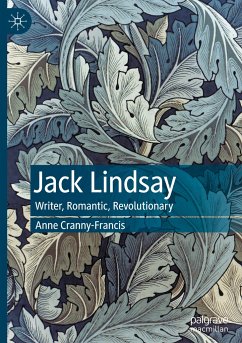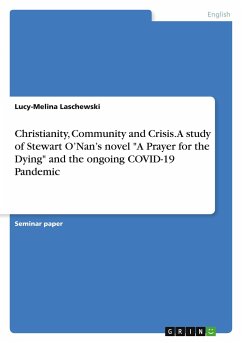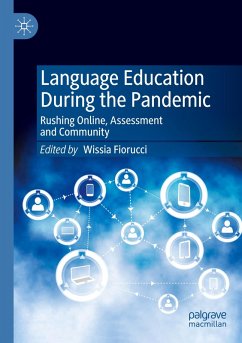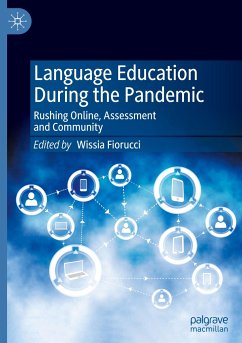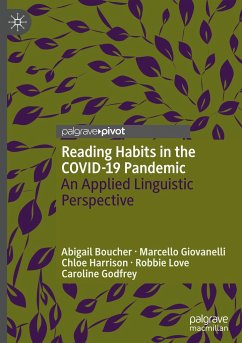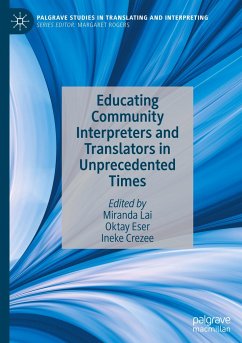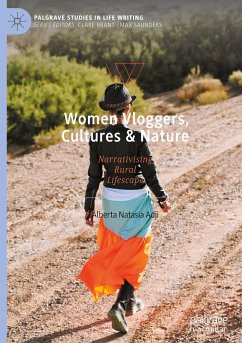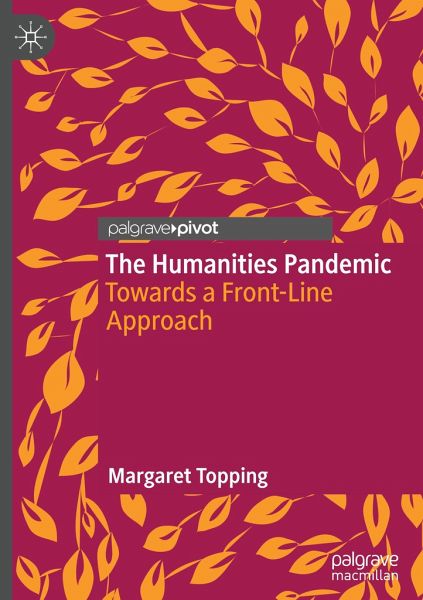
The Humanities Pandemic
Towards a Front-Line Approach

PAYBACK Punkte
17 °P sammeln!
This book explores how the Humanities can play an essential services role in addressing global challenges such as the Covid pandemic. In arguing for their contribution alongside that of the Health Sciences, it calls for a new critical engagement - honest and self-reflective - from Humanities scholars with the question of how to overcome a fundamental challenge facing universities globally: finding a common language and set of 'cultural' assumptions between disciplines as the basis for communication. The book looks at the nature of the challenges that can beset collaboration across disciplines ...
This book explores how the Humanities can play an essential services role in addressing global challenges such as the Covid pandemic. In arguing for their contribution alongside that of the Health Sciences, it calls for a new critical engagement - honest and self-reflective - from Humanities scholars with the question of how to overcome a fundamental challenge facing universities globally: finding a common language and set of 'cultural' assumptions between disciplines as the basis for communication. The book looks at the nature of the challenges that can beset collaboration across disciplines (and indeed across sectors, notably between researchers and the general public) and argues for a new Translational Humanities, in both the sense of an applied Humanities and a Humanities that can translate itself across disciplines and sectors. Crucially, too, it suggests that it is not narratives such as a pandemic novel or contagion film that successfully engage with contentious debates about the challenges of Covid, but rather critically distant texts and thematic contexts that typically place the self in the position of other like travel narratives. This book sits at a previously unconsidered intersection between debates around interdisciplinary collaboration and communication, theories of intercultural contact and encounter, and the role of the Humanities in tackling global issues.





